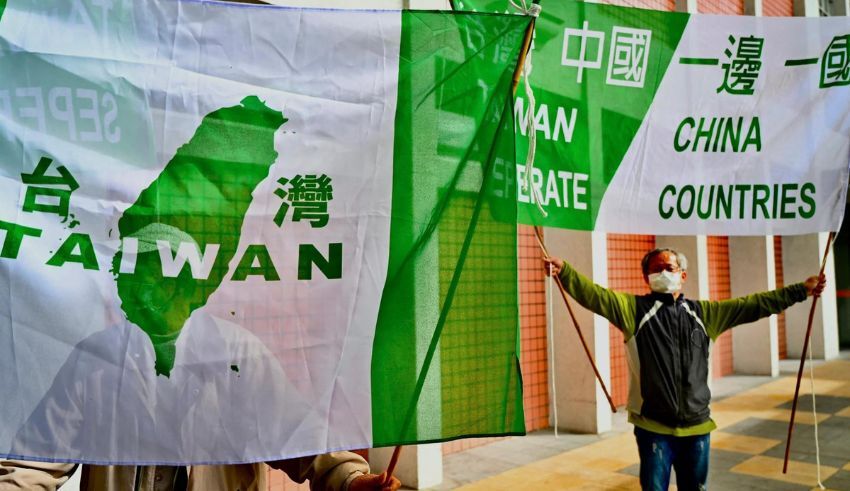
China and Taiwan have been locked in a state of hostility and rivalry since 1949, when the Chinese civil war ended with the victory of the communist forces led by Mao Zedong, and the retreat of the nationalist forces led by Chiang Kai-shek to the island of Taiwan.
China claims Taiwan as a renegade province that must be reunited with the mainland, by force if necessary, while Taiwan regards itself as a sovereign and democratic state that has the right to determine its own future.
The tensions between China and Taiwan have escalated in recent years, due to several factors, such as:
The rise of China as a global power, which has increased its military, economic, and diplomatic capabilities and ambitions, and has emboldened its assertiveness and aggressiveness in the region and the world.
The election of Lai Ching-te as Taiwan’s president in 2024, who is a member of the pro-independence Democratic Progressive Party (DPP), and who has rejected China’s “one country, two systems” formula, and has advocated for Taiwan’s formal independence and international recognition.
The support of the United States for Taiwan, which is based on the Taiwan Relations Act of 1979, which commits the US to provide Taiwan with defensive arms and to maintain the capacity to resist any use of force or coercion by China. The US has also increased its diplomatic and security cooperation with Taiwan, and has challenged China’s actions and claims in the Taiwan Strait and the South China Sea.
The Consequences of China-Taiwan Tensions
The tensions between China and Taiwan have serious and far-reaching consequences for the peace and stability of the region and the world, such as:
The risk of a military conflict, which could be triggered by an accident, a miscalculation, or a provocation, and which could involve the US and other allies and partners of Taiwan, such as Japan, Australia, and India. A war over Taiwan could be devastating and catastrophic for all parties involved, and could have global implications for the security, economy, and environment.
The impact on the cross-strait relations, which could be damaged and disrupted by the lack of dialogue and trust, and by the increase of hostility and animosity. The cross-strait relations affect the lives and interests of millions of people on both sides, who have family, business, and cultural ties, and who depend on each other for trade, tourism, and investment.
The influence on the international order, which could be challenged and changed by the shifting balance of power and the competing interests and values. The international order, which is based on the rules and norms that govern the relations among states, could be undermined and threatened by the actions and aspirations of China and Taiwan, and by the responses and reactions of the US and the international community.
Keep Reading
The Solutions for China-Taiwan Tensions
The solutions for the tensions between China and Taiwan are complex and difficult, but not impossible, and require the efforts and cooperation of all parties involved, such as:
The dialogue and negotiation, which are essential for building mutual understanding and respect, and for finding common ground and compromise. The dialogue and negotiation should be based on the principles of peaceful resolution, mutual non-aggression, and mutual benefit, and should address the core issues and concerns of both sides.
The confidence-building and cooperation, which are important for reducing mistrust and suspicion, and for enhancing goodwill and friendship. The confidence-building and cooperation should involve the exchange and interaction of people, information, and ideas, and should cover the areas of mutual interest and benefit, such as health, education, and culture.
The support and involvement of the third parties, which are helpful for facilitating and mediating the dialogue and negotiation, and for providing and promoting the confidence-building and cooperation. The third parties, such as the US, the UN, and the regional organizations, should play a constructive and balanced role, and should respect and recognize the interests and rights of both sides.




